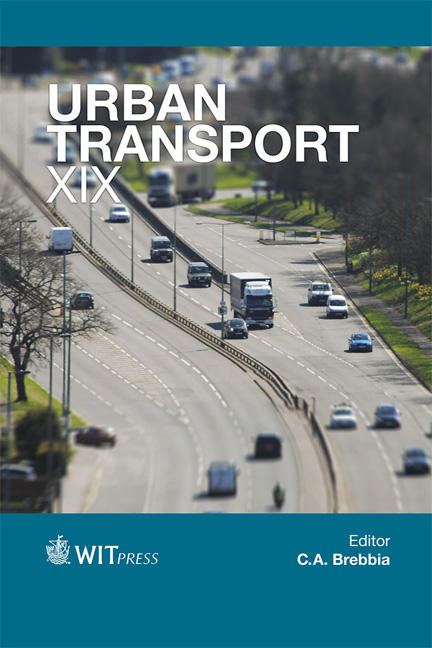Improving The Efficiency And Environmental Safety Of Gasoline Engine Operation
Price
Free (open access)
Transaction
Volume
130
Pages
9
Page Range
437 - 445
Published
2013
Size
620 kb
Paper DOI
10.2495/UT130341
Copyright
WIT Press
Author(s)
E. Magaril
Abstract
In countries with transition economies a common serious challenge relating to vehicle transport is the increasing shortage of high octane gasoline and its inherent low quality. The aim of this work is to develop a low cost, rapidimplementation method aimed at reducing a vehicle engine’s dependency on a gasoline octane rating, the consumption of fuel and the emission of toxic substances in the exhaust gases. The influence of the removal of carbon formation in engines on the improvement of the efficiency of vehicles and the subsequent reduction of their environmental impact was discussed and scientifically substantiated. The technology of coating an engine’s working surfaces with ultrafine metal having catalytic activity in redox reactions was developed. A single application of the developed method will provide long-term elimination of carbon deposits on working surfaces. This will reduce the need for high gasoline octane ratings, significantly improve fuel efficiency and also reduce the environmental impact of gasoline engines. Keywords: catalytic layer, carbonization suppression, fuel consumption, environmental and operational characteristics of vehicles.
Keywords
Keywords: catalytic layer, carbonization suppression, fuel consumption,environmental and operational characteristics of vehicles.





